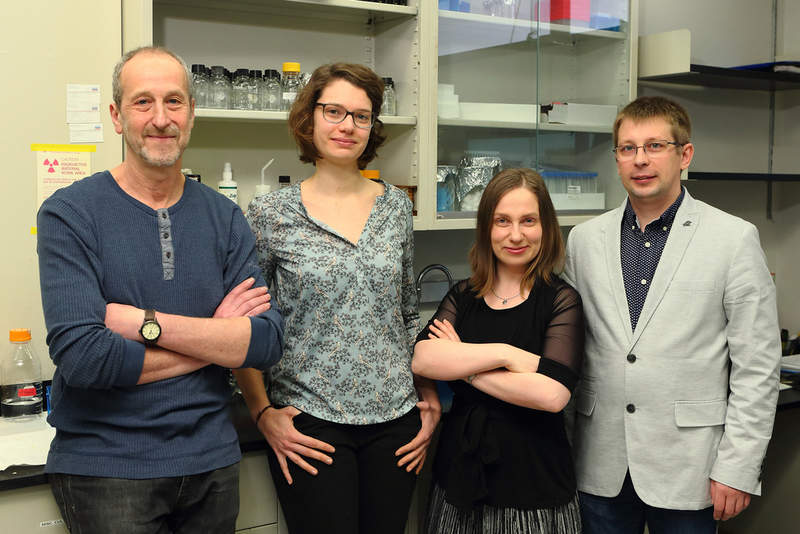
An international research team has discovered a class of antibiotics, odilorhabdins (ODLs), that could treat drug-resistant or hard-to-treat bacterial infections.
The compounds were first discovered by French biotechnology company Nosopharm and are produced by symbiotic bacteria present in nematode worms.

Discover B2B Marketing That Performs
Combine business intelligence and editorial excellence to reach engaged professionals across 36 leading media platforms.
These symbiotic bacteria secrete an antibiotic to destroy any competing bacteria.
Led by the University of Illinois at Chicago (UIC), the research analysed the antimicrobial activity of 80 cultured strains of the bacteria.
Researchers identified and isolated active compounds, studied their chemical structures and created more potent derivatives using engineering techniques.
Similar to other clinically useful antibiotics, ODLs target the ribosome of bacterial cells but bind to an area that has not been exploited by any other antibiotics.

US Tariffs are shifting - will you react or anticipate?
Don’t let policy changes catch you off guard. Stay proactive with real-time data and expert analysis.
By GlobalDataAfter binding, the antibiotics alter the ribosome’s ability to interpret and translate genetic code, resulting in cell death.
UIC College of Pharmacy Center for Biomolecular Sciences director Alexander Mankin said: “When ODLs are introduced to the bacterial cells, they impact the reading ability of the ribosome and cause the ribosome to make mistakes when it creates new proteins.
“This miscoding corrupts the cell with flawed proteins and causes the bacterial cell to die.”
Even though further research is necessary, the team noted that the unique mechanism of ODLs may help in treating infections that do not respond to other antibiotics.
When assessed against various bacterial pathogens, the ODLs acted against gram-negative and gram-positive bacteria, including carbapenem-resistant enterobacteriacae.




